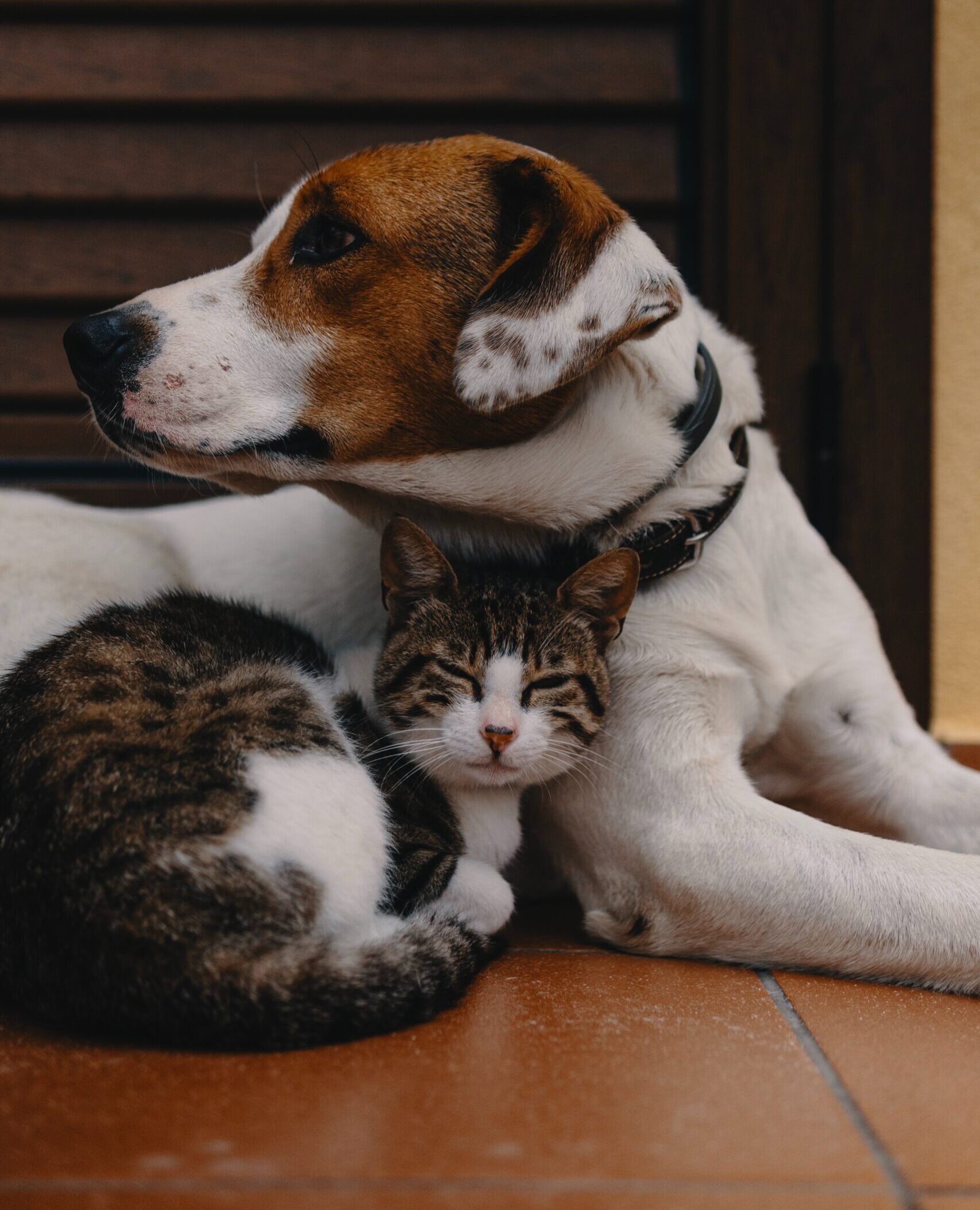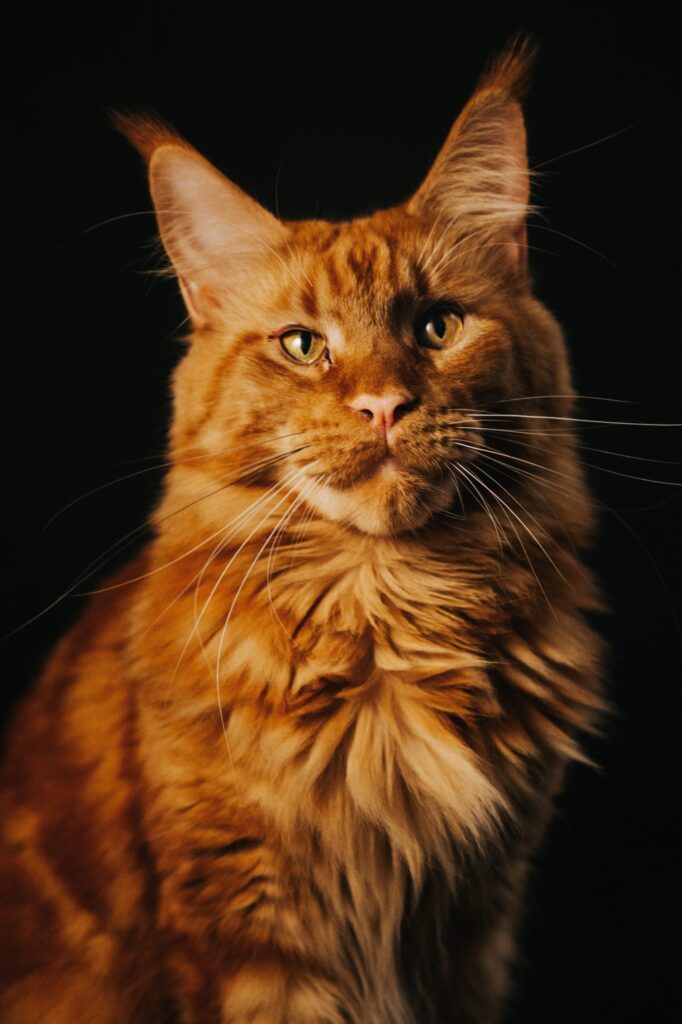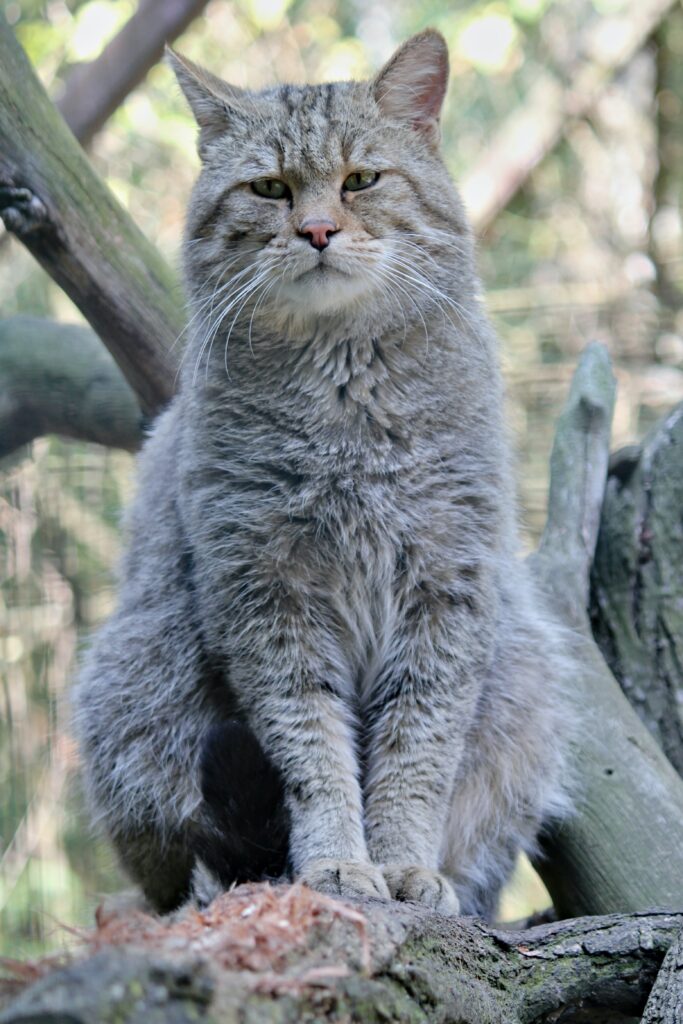Owning a cat can be a tremendously rewarding experience, but it’s also a substantial commitment in terms of both time and resources. Before embarking on this journey, there are several crucial factors to consider. This comprehensive guide aims to help you navigate the fascinating world of cat breeds, ensuring that you make an informed decision when selecting the ideal feline companion to match your unique lifestyle.
What Is The Best Breed for You?
When selecting a cat breed, consider various factors, including size, coat type, and temperament. Understanding these aspects will help you find a cat that fits your lifestyle.
Are You Ready to Own a Cat?
The allure of having a cat is undeniable, but it’s vital to evaluate your readiness for this responsibility. Cats require care, companionship, and a suitable environment. Here are some key considerations:
Companionship: Despite their independent nature, cats thrive on human interaction. Leaving them alone for extended periods is not ideal, as they need social engagement.
Allergies: If anyone in your household is allergic to cats or has asthma triggered by feline companions, you should think carefully before bringing a cat into your home.
Children: If you have young children, be prepared to spend time teaching them how to interact safely with a cat.
Home Adjustments: Cats come with some lifestyle changes, including the presence of cat hair, occasional prey discoveries, and cat-proofing your home.
Costs: Owning a cat can be expensive. Initial costs can reach hundreds of dollars, and long-term expenses can add up to thousands, covering food, bedding, litter, and more.

Deciding on a Breed
If you’re set on owning a purebred cat, research is your best friend. It’s essential to understand the breed’s specific needs and characteristics. Here are some considerations:
Size: Cats come in various sizes. Smaller breeds are better suited for apartment living, while larger breeds need more space to thrive.
Coat Type: Different breeds have different grooming requirements. Longhair breeds need daily grooming, while shorthair breeds are more low-maintenance.
Temperament: Temperaments can vary among breeds. Some are active and vocal, while others are quieter and more laid back. So would you like to know What are the calmest cat breeds? Answer is British Shorthair and Persian. They are known to be quieter and more laid-back breeds.
Gender and Age: Male and female cats have their unique traits, but both can be excellent pets once neutered. Consider if you prefer a kitten or an adult cat.
Multiple Cats: If your home has stretches of time with no one around, consider getting two cats to keep each other company.
Frequently Asked Questions
To address your specific questions and needs, let's delve into the world of cat breeds and provide answers to the most frequently asked questions:
There are around 50 to 60 recognized cat breeds worldwide. Some popular ones include Maine Coon, Bengal, Ragdoll, Siamese, and Tabby cats.
Cat breeds can mix, and their personalities can vary widely. Breeds typically have distinct traits, but each cat is unique.
Yes, some cat breeds, like the Sphynx and Balinese, are considered hypoallergenic, but individual reactions may vary. Maine Coon and Ragdoll cats are great for families with kids.
Maine Coon, Ragdoll, and Siamese cats are known for their friendly and affectionate nature.
Identifying a cat’s breed can be challenging with mixed breeds. Purebreds are easier to identify, but it’s best done by a veterinarian or expert.
The Singapura is one of the smallest cat breeds, while the Maine Coon holds the title for the largest domestic cat breed. Some other biggest cats are Turkish Van, and Savannah. Also if you are wondering cat breeds that tend to stay small include the Singapura, Munchkin, and Cornish Rex.
Some cat breeds known for shedding less include the Sphynx, Cornish Rex, and Russian Blue. However, individual cats within a breed may vary in shedding.
In some regions, it may be legal to own certain hybrid cat breeds that have wildcat ancestry, such as the Bengal or Savannah cat. However, ownership regulations vary by location.
Selecting the right cat breed is a significant decision. By considering various factors, you can make an informed choice that ensures a happy and harmonious life with your new feline family member. Cat ownership is a rewarding experience, but it requires careful thought and planning to provide the best home for your future furry friend. Whether you choose a purebred or adopt from a rescue center, the joy of having a cat as a family member is bound to be a heartwarming experience. So, explore your options, ask questions, and find the perfect cat breed that suits your lifestyle and preferences.


